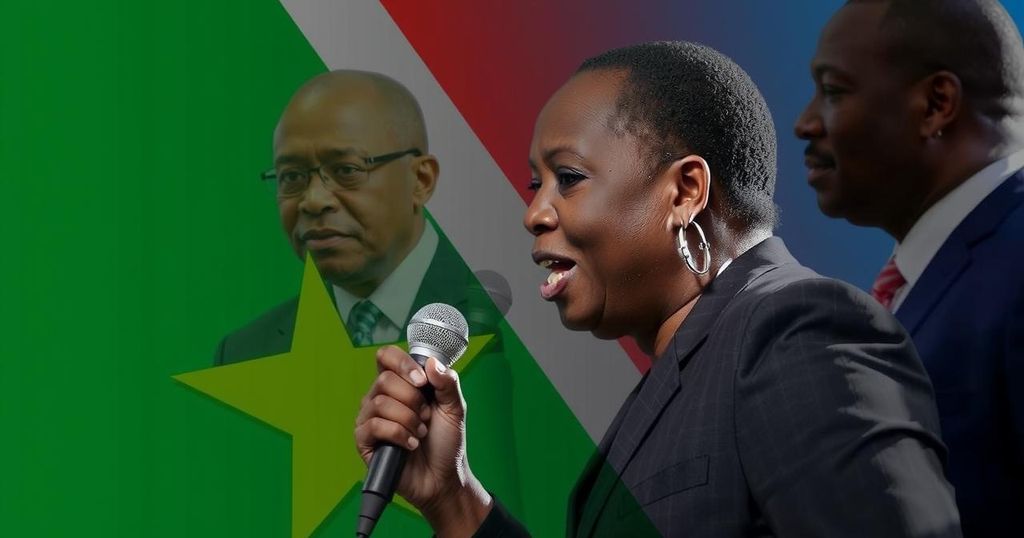Botswana’s Ruling Party Loses Election, Marking the End of 58-Year Governance

Botswana’s ruling party, the Botswana Democratic Party (BDP), has lost its parliamentary majority in the recent elections, ending 58 years in power. The opposition coalition, Umbrella for Democratic Change (UDC), led by Duma Boko, is set to win the presidency amid increasing socio-economic grievances, particularly among the youth. Economic challenges, including high unemployment and a decline in diamond market revenues, have fueled this electoral shift, which analysts suggest may warn long-standing ruling parties in southern Africa of the repercussions of failing to address citizens’ needs. President Mokgweetsi Masisi conceded defeat, acknowledging the will of the people and congratulating his successor.
In a historic political shift, President Mokgweetsi Masisi of Botswana has acknowledged his party’s defeat following recent election results that indicate the ruling Botswana Democratic Party (BDP) has lost its parliamentary majority after nearly six decades in power. Preliminary reports show that the opposition coalition, the Umbrella for Democratic Change (UDC), led by lawyer Duma Boko, is poised to secure the presidency, having currently won 26 out of 61 contested parliamentary seats, while the BDP managed only three.
The BDP has governed Botswana since its independence from Britain in 1966. Historically, the country has relied heavily on diamond revenues for its economic stability. However, a significant downturn in the global diamond market this year has severely hampered economic growth and contributed to rising unemployment rates that have reached 28%. These socio-economic challenges, particularly on the youth, have led to increasing discontent with the ruling party. The recent elections serve as a clear reflection of this discontent, marking a monumental shift in Botswana’s political landscape.
The outcome of the recent elections in Botswana illustrates a critical moment in the nation’s political history, underscoring the consequences of economic difficulties and public dissatisfaction with long-serving political parties. As the BDP steps down after 58 years, the responsibility now lies with the UDC to address the pressing economic challenges facing the country. Analysts warn that this electoral loss serves as a cautionary tale for entrenched ruling parties throughout southern Africa that fail to meet the needs and aspirations of their citizens.
Original Source: www.cnn.com







